Ellen Britt for CNT #wooftips
There are a lot of people who love to sleep with their dogs (and vice versa!!) as a dog can provide a sense of security and for many people, decrease feelings of anxiety. Plus, co-sleeping with your dog can definitely strengthen the bond between human and canine.
So if you sleep with your dog or even have him sleeping in the same room and your dog has a habit of snoring, this can certainly disrupt your night’s rest.
Funny, Not Funny!
As funny as it is to us humans to hear a dog snoring away while sleeping, this might also be a cause for concern. After all, many of us are aware that in humans, snoring is often a sign of sleep apnea, a potentially dangerous condition in which the person actually stops breathing many, many times throughout the night and can be a precursor to other diseases.
Should You Worry If Your Dog Snores?
The answer depends on several factors. The first thing to know is that some breeds are much, much more prone to snoring than others, such as pugs, English and French bulldogs and the Shih Tzu among others. These breeds have what is known as a brachycephalic skull, meaning that the dog has a very broad, short skull and a short snout. A dog with a short snout will naturally have short breathing passages which also makes it likely that the dog will snore.
Reasons
Snoring is caused when air movement is constricted in the dog’s throat or his nasal passages. So if the dog is not one of the breeds that is naturally prone to snoring, there might be other reasons air flow could become restricted. Some of these reasons are not a cause for worry and others are.
Many dogs like to sleep on their backs. Sometimes, when the dog is in this position, the tongue falls back and incompletely blocks the incoming and outgoing air, causing them to snore.
Or, allergies might be the culprit. Many dogs are allergic to dust or even second hand smoke. Allergies to these irritants can cause the nasal passageways to become inflammed and swollen, partially blocking the airflow and causing snoring.
More serious things to think about as causes for your dog’s snoring are a problem with the dog’s sinuses. These problems can range from an abscessed tooth that has grown into the sinus cavity to infections or even a tumor. Sleep apnea is also a possibility, but unlike in humans, it’s extremely rare in dogs. Snoring can sometimes be the result of hypothyroidism (low thyroid hormone) which is easily tested and can be treated with daily medication.
One other common factor in many dogs who snore is obesity. The excess weight can collect at the throat, compressing the air passages and cause snoring.
What To Do
So, if your dog is one of the breeds, such as a pug or bulldog, in which snoring is common and the dog has always snored and otherwise seems healthy, it’s probably not a reason to be concerned. Of course, if you have any doubts, then consult your veterinarian for advice.
But, if the dog suddenly starts snoring when he has not done this before, it’s time to consult with your veterinarian to make sure nothing serious is going on.
By Ellen Britt
Dr. Ellen Britt has loved dogs since she was a child. She is particularly fond of the Northern breeds, especially Alaskan Malamutes. Ellen worked as a PA in Emergency and Occupational Medicine for two decades and holds a doctorate (Ed.D.) in biology.



























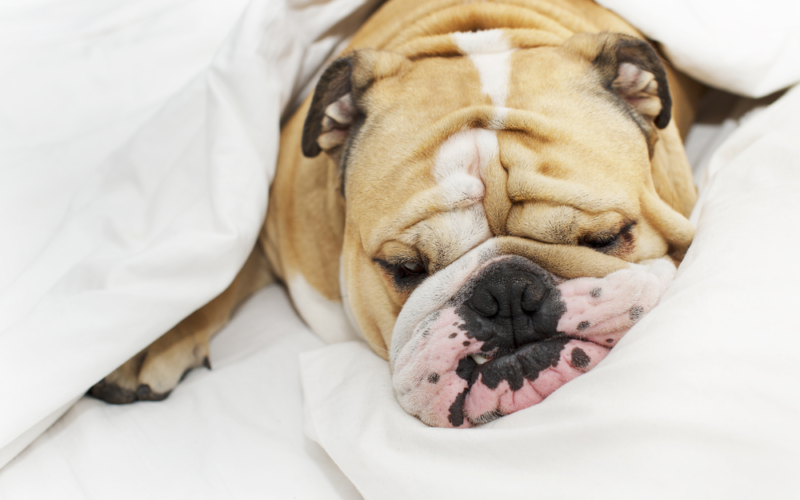

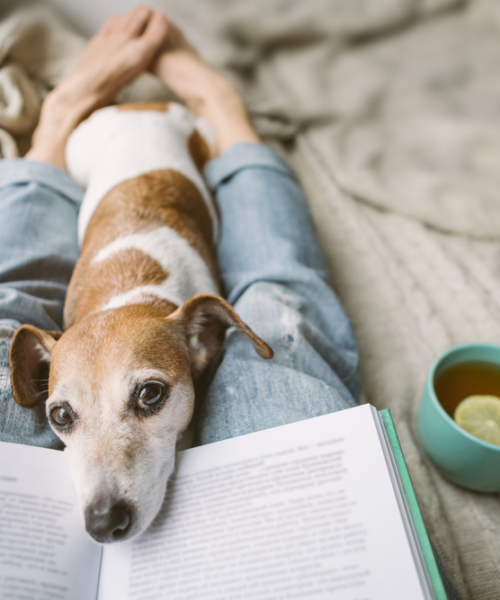
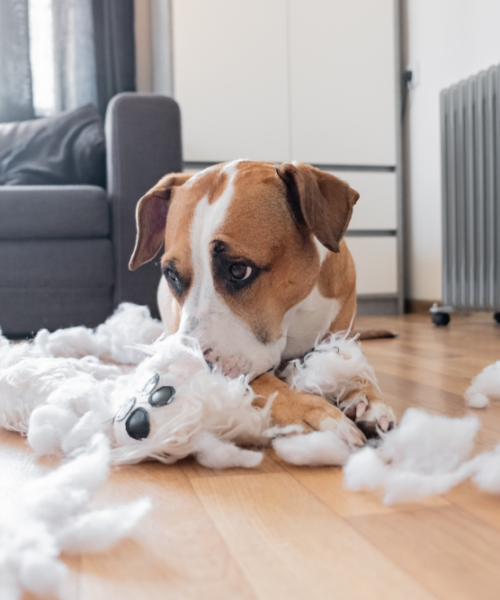
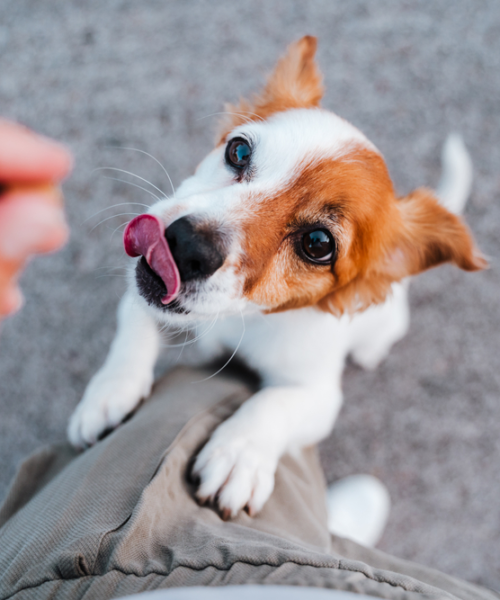
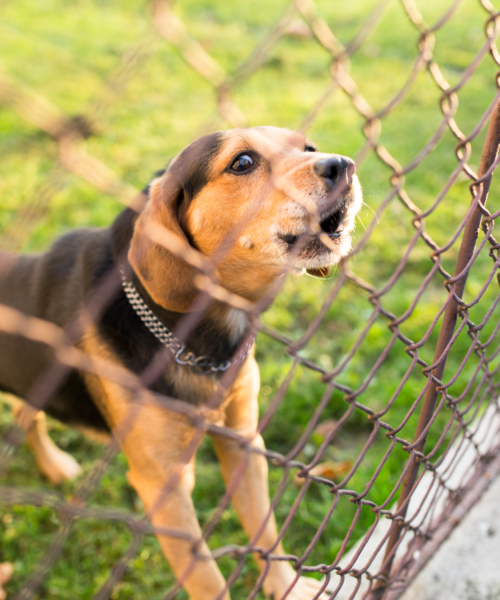
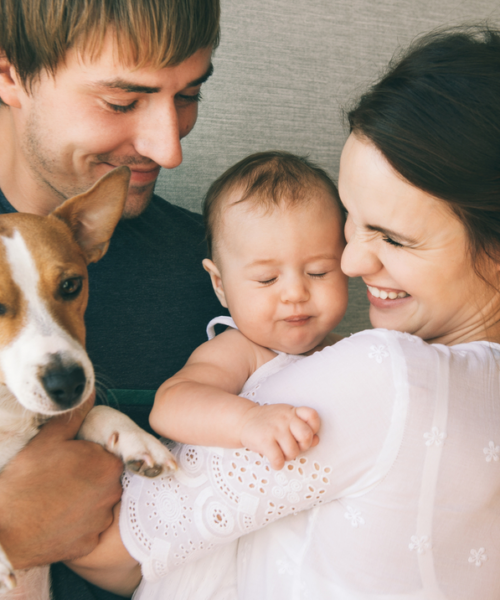
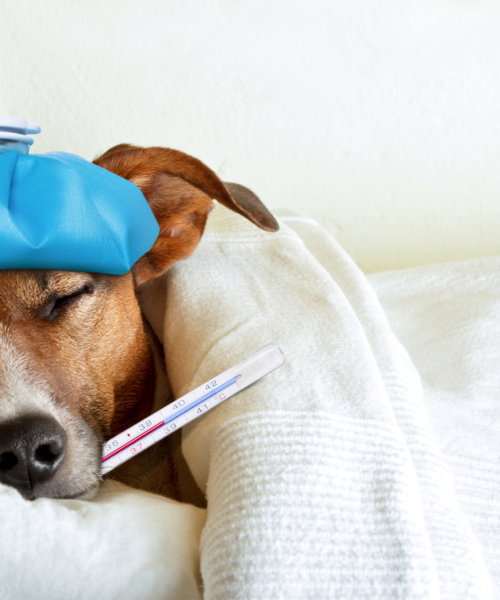
[…] https://citynewsandtalk.com/why-does-your-dog-snore-and-should-you-be-concerned/ Give Feedback on Facebook Comments Below […]